Every small business starts with a vision, hard work, and a modicum of chaos. The disorder can become overwhelming as your business grows, especially if you lack a system to keep everything organized. That’s where Enterprise Resource Planning (ERP) comes in. An ERP system integrates various functions into one complete system to streamline processes and information across the organization. For small businesses, this can mean more efficiency, improved productivity, and a significant advantage over competitors.
But when is the right time to implement an ERP system? While there is no definitive ‘size’ threshold, the following indicators often suggest the need for ERP:
1. Increased Complexity: As your business grows, complexity increases. If you find yourself spending too much time managing disparate systems or reconciling inconsistent data, it’s time to consider ERP.
2. Employees Struggle to Keep Up: If your staff constantly struggles to meet demands due to insufficient systems, this is another indication.
3. Revenue & Business Scale: Generally, if your business exceeds $1 million in annual revenue and has more than ten employees, it’s time to consider an ERP solution.
4. Growth Plans: If you plan to scale your operations rapidly, implementing an ERP system sooner can help manage that growth effectively.
Now, let’s discuss four leading small business ERP solutions:
NetSuite: As a comprehensive, cloud-based solution, NetSuite caters to various small business needs. It offers an integrated suite covering ERP, CRM, and e-commerce. This makes it an ideal solution for businesses looking for a complete package. Moreover, its cloud-based nature ensures accessibility and scalability, which are essential for growing businesses.
SAP Business One: Explicitly designed for small businesses, SAP Business One is a robust solution offering a wide range of capabilities. These include financial management, customer management, sales, inventory, and HR operations. Its strength lies in its industry-specific solutions and worldwide support network.
Microsoft Dynamics 365 Business Central: Business Central offers a seamless ERP solution for businesses deeply integrated with Microsoft products. It provides functionalities such as financial, supply chain, sales and service, and project management. The smooth integration with other Microsoft products like Office 365 makes it an attractive choice for those already in the Microsoft ecosystem.
Odoo: Odoo stands out due to its open-source nature, providing customization capabilities often lacking in other systems. It encompasses various business apps covering broad business needs, including sales, CRM, project management, manufacturing, inventory management, and accounting. Its modularity allows businesses to choose and pay for only the needed apps.
In conclusion, the ‘right’ time to implement an ERP system in your small business is when you start seeing signs of outgrowing your current processes and procedures. Your ERP solution should align with your business needs, budget, and strategic growth plans. Remember that implementing an ERP’s initial cost and effort are investments toward efficiency, productivity, and scalability, which will pay dividends as your business grows. Each of these solutions—NetSuite, SAP Business One, Microsoft Dynamics 365 Business Central, and Odoo—offers unique benefits, ensuring an ERP system out there that fits your small business perfectly.






